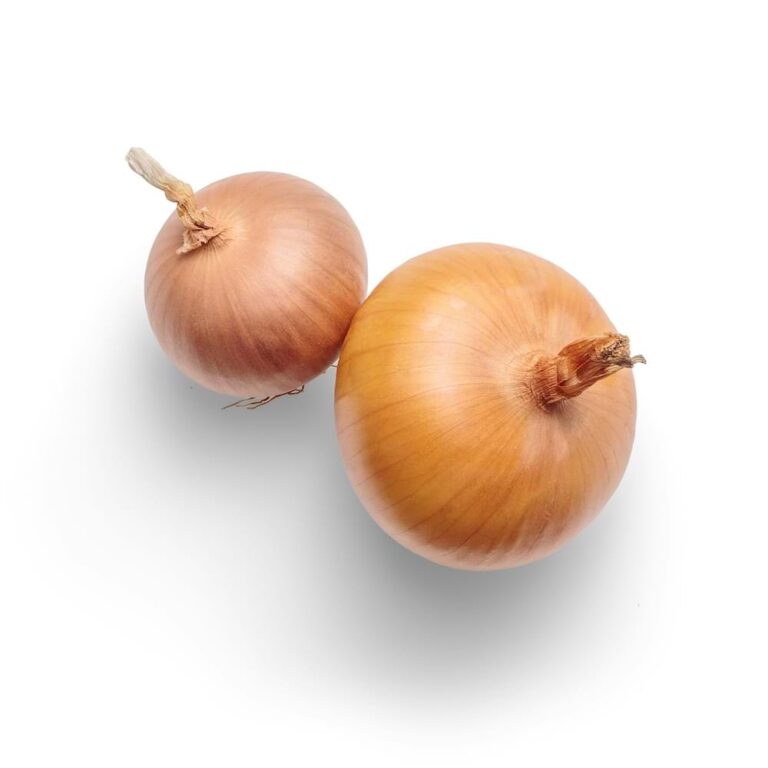ce qui vs ceux qui
The difference between ce qui and ceux qui boils down to what they refer to and whether the idea is singular or plural.
1. ce qui
- Meaning: what / that which / the thing that (singular, neutral — no gender or number)
- Use: Refers to an unspecified thing or idea that is singular in meaning.
- Grammar: “ce” is an invariable demonstrative pronoun meaning this/that, and “qui” is a subject relative pronoun (who / which).
- Example:
- Ce qui est important, c’est de rester calme.
→ What is important is to stay calm. - Tu ne comprends pas ce qui s’est passé.
→ You don’t understand what happened.
- Ce qui est important, c’est de rester calme.
Key point: ce qui is neutral and can refer to both concrete and abstract things, but it’s singular in meaning.
2. ceux qui
- Meaning: those who / the ones who (plural, masculine — or mixed gender)
- Use: Refers to people or things in the plural that have already been identified or are being distinguished from others.
- Grammar: “ceux” is the masculine plural form of the demonstrative pronoun (celui, celle, ceux, celles), and “qui” is the subject relative pronoun.
- Example:
- Ceux qui travaillent dur réussissent souvent.
→ Those who work hard often succeed. - J’admire ceux qui osent dire la vérité.
→ I admire those who dare to tell the truth.
- Ceux qui travaillent dur réussissent souvent.
Key point: ceux qui is plural and usually refers to people (or sometimes objects, if personified or clearly plural).
Quick Comparison Table
| Expression | Number & Gender | Refers to | Translation examples |
|---|---|---|---|
| ce qui | Singular, neutral | An unspecified thing or idea | what / that which |
| ceux qui | Plural, masculine/mixed | People or things in plural | those who / the ones who |
💡 If you want the feminine plural version of ceux qui, you’d say celles qui → those (feminine) who…
Examples Comparing “ce qui” vs “ceux qui”
| With ce qui (singular, neutral: “what / that which…”) | With ceux qui (plural, masculine/mixed: “those who…”) |
|---|---|
| Ce qui me dérange, c’est le bruit. → What bothers me is the noise. | Ceux qui me dérangent, ce sont mes voisins. → Those who bother me are my neighbours. |
| Tu ne comprends pas ce qui est en jeu. → You don’t understand what’s at stake. | Tu ne comprends pas ceux qui travaillent ici. → You don’t understand those who work here. |
| Ce qui est difficile, c’est de commencer. → What is difficult is starting. | Ceux qui trouvent ça difficile abandonnent vite. → Those who find it difficult give up quickly. |
| J’aime ce qui est simple et clair. → I like what is simple and clear. | J’aime ceux qui sont simples et clairs. → I like those who are simple and clear. |
| Ce qui compte, c’est la sincérité. → What matters is sincerity. | Ceux qui comptent sur toi doivent être patients. → Those who count on you must be patient. |
🔑 Summary:
- ce qui points to an idea, fact, or “thing” (always singular in sense).
- ceux qui points to people or plural entities (like “the ones who…”).






